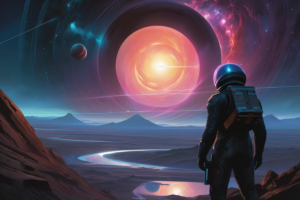For millennia, humanity has looked to the stars and pondered the universe’s grand mysteries. One such mystery lingers at the forefront of scientific and philosophical inquiry: is the universe conscious?
Traditionally, science has viewed consciousness as an emergent property of complex brains. However, some scientists are venturing beyond this view, exploring the possibility of a more fundamental connection.
Panpsychism: A Universe with Fleeting Sentience
Panpsychism, a philosophical school of thought, proposes that consciousness is not unique to brains but is a fundamental property of all things, from subatomic particles to galaxies. This doesn’t imply the universe ponders philosophy, but rather that even basic entities possess a rudimentary form of experience.
Theories on the Edge: Orch OR and Integrated Information Theory
Theories like Orchestrated Objective Reduction (Orch OR), proposed by physicist Sir Roger Penrose and anesthesiologist Stuart Hameroff, delve deeper. They suggest a link between consciousness and quantum processes within brain microtubules, potentially hinting at a deeper connection between consciousness and the universe’s fundamental fabric.
Integrated Information Theory (IIT), championed by neuroscientist Christof Koch, proposes that consciousness arises from a system’s ability to integrate information. By this logic, even simple systems could possess a basic level of consciousness, potentially scaling up to a vast, interconnected universe.
Challenges and the Road Ahead
The concept of a conscious universe faces significant challenges. Defining and measuring consciousness in anything but biological systems remains elusive. Additionally, the vastness and complexity of the universe make it difficult, if not impossible, to directly test such theories.
The Implications: A Shift in Perspective
Despite the challenges, exploring the idea of a conscious universe can have profound implications. It could force us to re-evaluate our place in the cosmos, fostering a sense of interconnectedness with all existence. It might also lead to new scientific discoveries as we delve deeper into the relationship between consciousness and the physical world.
The question of a conscious universe remains unanswered, but the exploration itself is a thrilling journey. As we peer deeper into the cosmos, we might discover that the universe isn’t just a collection of stars and planets, but a vast and fascinating mind, of which we are all a part.
Audio





